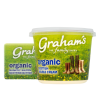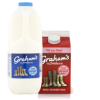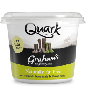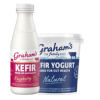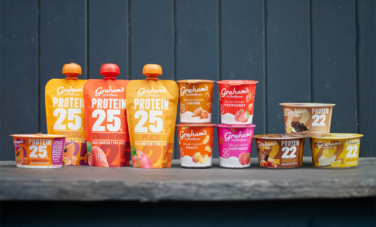
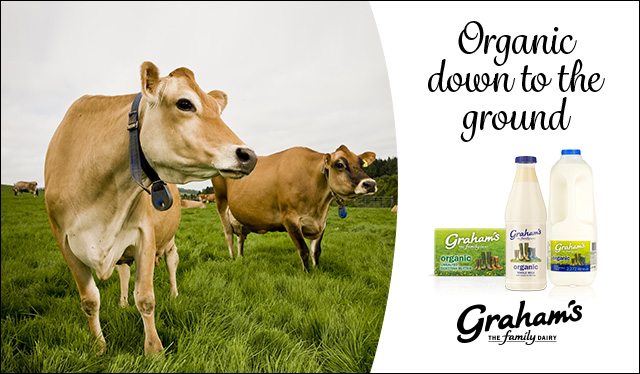
It sometimes seems that everywhere you look, every newspaper article you read, every blog shared on Facebook has a point of view on ‘organic’ food and drink… and they usually contradict each other! One thing’s for sure though, and that’s the fact that organic produce is becoming viewed as less of a luxury, and more of a dietary choice or preference for people. This September is officially Organic Month, so what better time for us to delve into the issue and cover the basics of what ‘organic’ really means.
What do we mean by ‘organic’?
Quite simply, organic means produce that has been farmed without using substances that might be harmful to the environment. This is quite broad terminology for such a variable issue though. The Soil Association simplifies it a wee bit by stating that ‘organic means working with nature, not against it.’ For produce like fruit and vegetables this means that they’ve not been touched by pesticides or agricultural chemicals in general. In dairy, the organic label denotes that the livestock that produces the eggs, milk or other dairy product has not come into contact with things like antibiotics or growth hormones. The livestock should always be raised in conditions that are appropriate for their species with only organic feed. So one terrific side-effect of organic farming is that it has much less impact on the environment than many modern farming methods.
Is organic food better for you?
But what about the effect organic food and drink can have on your health? The jury used to be out on this one, with the nutritional value of organic versus non-organic being a hard thing to measure. However different farming methods definitely do affect the overall quality of the food that we eat. The British Journal of Nutrition has discovered big differences in nutrition between organic and non-organic produce. Interestingly organic milk has been found to contain around 50% more beneficial omega-3 fatty acids than conventionally produced products.
Naturally…
So, what do you think? Are you well-versed in the powers of organic and the good it does for the environment and the health of those who eat and drink it? Or perhaps it’s a whole new world to you? We’d love to be the ones to introduce you to its benefits, check out our organic range here!


